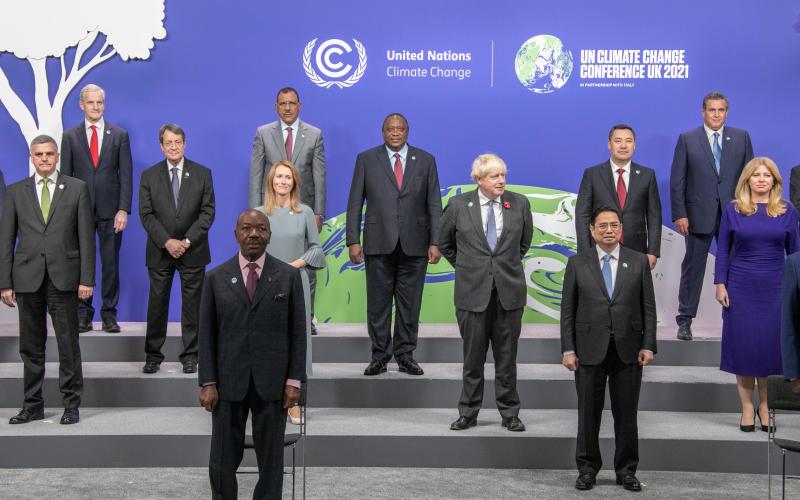×
The Standard e-Paper
Stay Informed, Even Offline

President Uhuru Kenyatta on Tuesday met several leaders on the sidelines of the ongoing 26th United Nations Climate Change Conference (COP26) in Glasgow, Scotland. [Courtesy]
The COP-26 Conference in Glasgow presents the global community with the perfect opportunity to take the urgent action needed to deliver increased global ambition and mobilisation of climate finance.